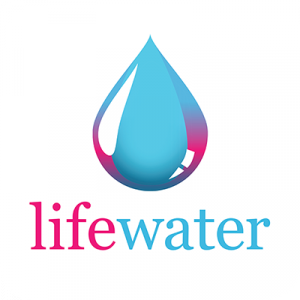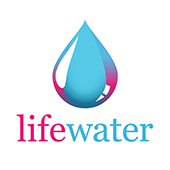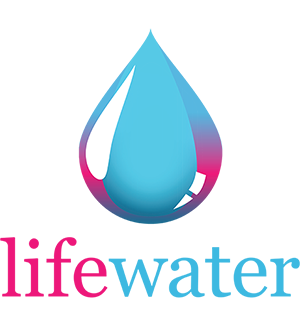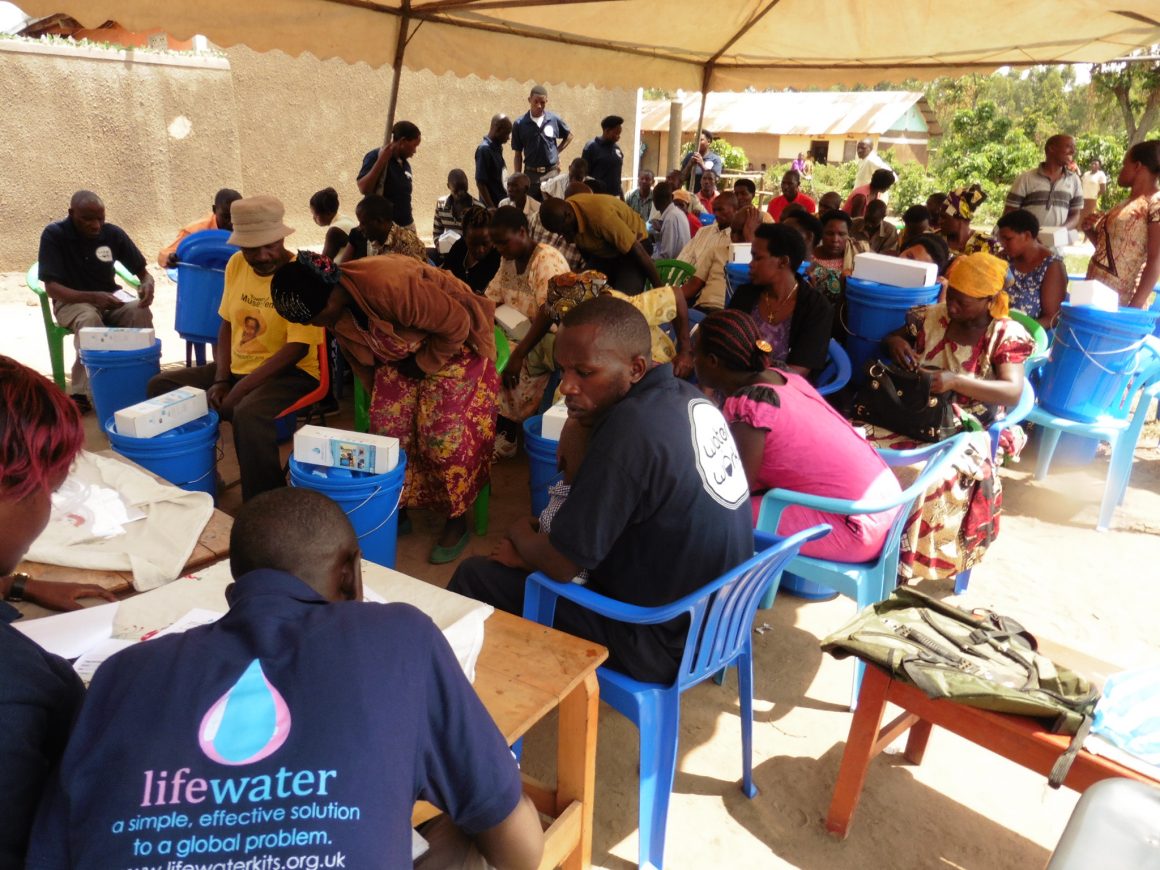The Rwanda distribution took place from the 19TH TO 24TH November, 2018 in Kayonza district, Akabare II village, Rwimishinya cell, Rukara sector in Rwanda. The beneficiaries were mainly members from Akabare village. This area has poor water sources with a high prevalence of water borne diseases.
The trip
Pastor Caleb, Alex and Boaz travelled to Kasese from Katoma on Sunday 18th and spent a night at Divine Guest House in Kasese town so that they could be ready for the next day’s trip travelled to Rwanda on 19th for the distribution.
At the border Mirama hills- Uganda, Kagitumba Rwanda side they were joined by Pastor Emmanuel and Andrew who helped with the clearing of the buckets. They were so helpful and led the dialogue with the revenue officials at the border.
They explained to them that this was for charity and they allowed us to cross with the filters without paying any taxes. This was after lengthy inspection and consultation with their leadership. We thank God that the wait was worth it.
However, the Rwanda Revenue Authority requested us that for any other future consignments, the Rwanda WI team together with the external WI representation should visit their headquarters to process a tax waive and get a clearance letter which we will be presenting at the border each time kits move into the country.
In Rwanda, the team stayed at Kabarole for the rest of the days commuting daily to Kayonza district- Akabare II for training and distribution workshops. We had a great representation of local leaders and there were awesome testimonies from the past distribution beneficiaries.
The distribution
We thank God we had a successful distribution and donated 125 kits. This included 3 double filter systems that were given to 2 schools. 2 health centres were also among the beneficiaries. Some of the beneficiaries were very old while others had physical disabilities but we trained them well and we believe they are able to use the kits efficiently. Unanimously recipients pledged to use and take good care of the systems.
Project monitoring
A team of AYA members was chosen to do monitoring in this village. These were selected among others to confirm that the beneficiaries set up their systems properly. They are to offer help to those having any challenges with the kits.
More so, they are to carry out monitoring thrice a year to help us evaluate the success of the project. This team underwent AYA training and was given more instruction on how to carry out monitoring of the systems. We believe they will deliver the required work and present their report periodiclly.
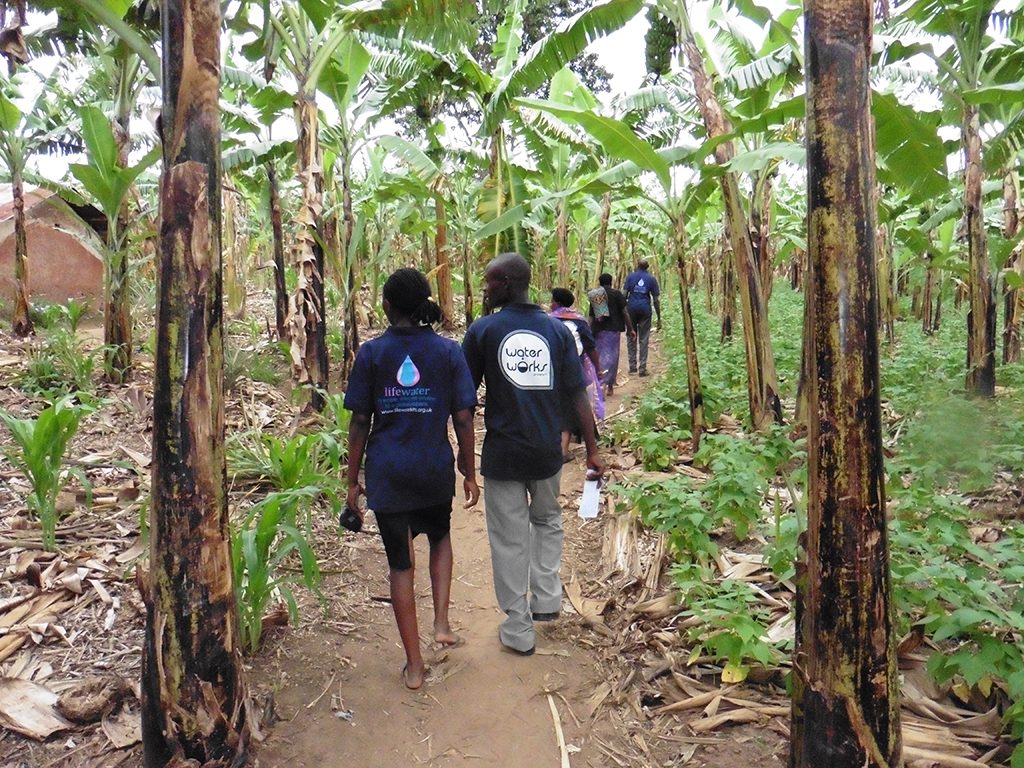
Challenges
- Some of the beneficiaries didn’t keep time hence made the days longer than we expected.
- Like any other distribution the neighbouring village and the spin off population were desperately requesting to be considered.
- The workshops were tiring and exhausting.
Conclusion
The kits given to this village will go a long way in solving the poor drinking water problem hence reducing the water borne diseases just like the past donations did. We are truly grateful for the help AALL foundation has given to Akabare village. The neighbouring villages live in hope that this opportunity will be extended to them soon as they face a similar challenge.
For every beneficiaries’ life protected from water borne diseases, YOU, AALL FOUNDATION made it happen!
Thank you.
God bless you.
